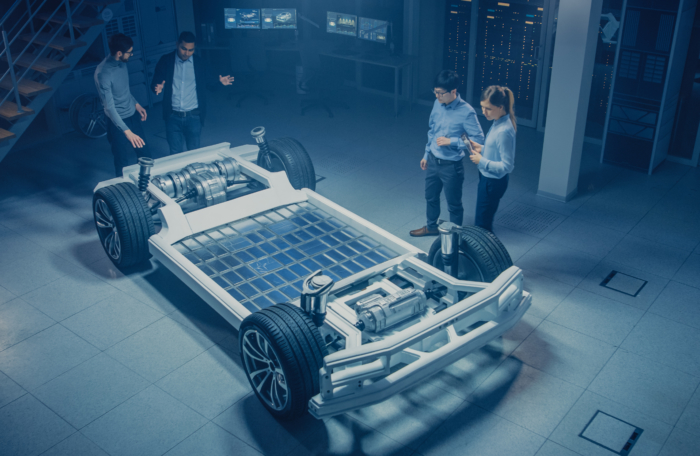An anti-mining law in Maine shows the folly of outlawing tradeoffs
Our era of extreme political polarization fuels contempt for anything labeled “compromise.” Neither side wants to give an inch to the other, on any issue, even though everyone compromises every day in countless ways.
The economic term for compromise is “tradeoff.” In real life, no one is 100% ideologically pure. We make tradeoffs a gazillion times a day without giving them a single thought.
Radical environmentalists don’t spread their messages via smoke signal or personal messenger. They don’t live off the grid, making all of their food, clothing, shelter and energy by hand.
They live in homes heated by fossil fuels, drive cars made of mined metals in factories powered by fossil fuels, and use industrially manufactured computers to go onto the energy-guzzling internet to send instantaneous electronic messages denouncing billionaires, capitalism, Big Oil, etc.
Anti-trade activists drive American cars, assembled with parts from all over the world, and daily enjoy low-cost conveniences made available and affordable by global trade, from bananas (Ecuador, Costa Rica, Guatemala) to eyeglasses (Italy, France).
In the market, everyone accepts less than their own imagined ideal, every day. It’s usually only in politics that we insist on achieving 100% purity.
Maine just got a lesson in how this can go wrong.
In 2017, Maine legislators passed what environmentalists gleefully called the toughest anti-mining law in the country. Among other restrictions, it bans any open-pit mine larger than three acres.
Mining has a long history in Maine (granite from Maine can be found in the Brooklyn Bridge, the New York State House, the Boston Custom House, Fenway Park, and the Washington Monument), but the law effectively brought that history to an end. Small quarries are allowed, but larger mines are all but impossible to build now.
Then-Gov. Paul LePage vetoed the bill, saying it went too far, but legislators overrode the veto.
Now, even some of the law’s proponents are grudgingly, kinda-sorta acknowledging that, well, maybe it did go too far.
That’s because, four years after the law passed, one of the world’s largest lithium deposits has just been discovered in Maine.
Lithium is a light metal used to make the lithium-ion batteries that power electric cars as well as laptops, cell phones and digital cameras. Those batteries make the transition from gas to electric cars possible.
You can’t make the batteries without mining lithium. And Maine’s anti-mining law has trapped a gigantic deposit of lithium — worth an estimated $1.5 billion — in the ground forever.
Oops.
When the law passed, National Resources Council of Maine staff scientist Rick Bennett praised it for being the strictest in the nation and said it “will protect our clean water and taxpayers into the future.”
After the discovery of the lithium mine, Bennett acknowledged to The Maine Monitor that the law wasn’t written with lithium or manganese (used to make solar panels more efficient) in mind and said those metals ”very likely present a whole bunch of different issues. If those became something someone wanted to mine and process in Maine, I think we’d have to look at best available practices.”
Maine’s law was written to achieve an extreme goal: the elimination of large open-pit mining. Because it didn’t take into account tradeoffs, it likely prevents making a compromise on one environmental priority (reducing mining) to achieve another, higher priority (reducing greenhouse gas emissions).
Maine’s mining law is similar to state laws that ban fracking or pipeline construction. In a misguided effort to achieve some vague ideal of environmental purity, they prevent reaching a compromise that reduces emissions (by replacing coal and oil with natural gas) while we wait for the technology that would allow a larger-scale green alternative to be developed.
In life, people make these tradeoffs all the time, and for the most sensible of reasons. Given the limited array of choices in the real world, a less-than-ideal option usually is the most cost-effective, most convenient, or safest option available.
That’s usually the case in politics too. But in politics, saturated as it is with aspirational, idealistic rhetoric, we often become blinded to the need for tradeoffs.
Note: The lithium mine story was broken by The Maine Monitor. Our original post cited the Bangor Daily News, which had reprinted the Monitor story with permission.



